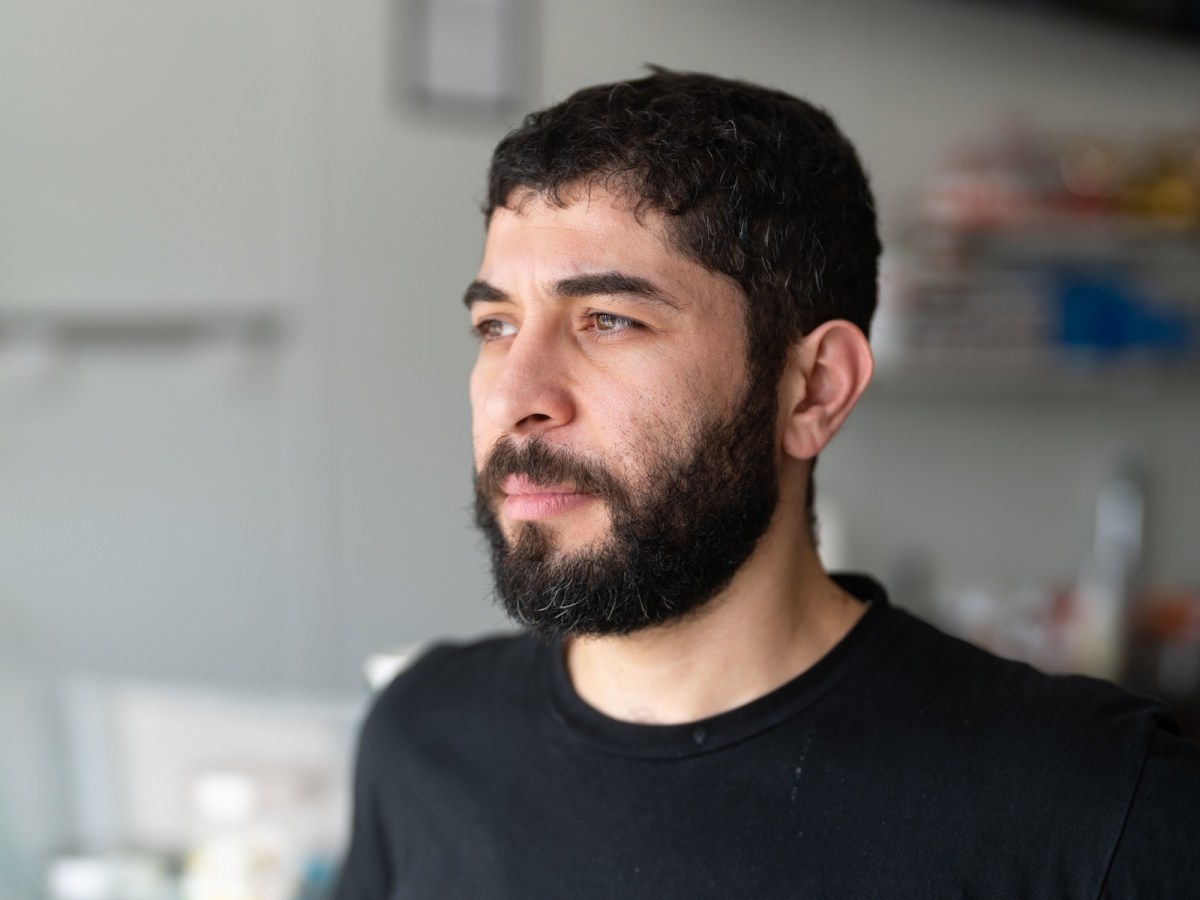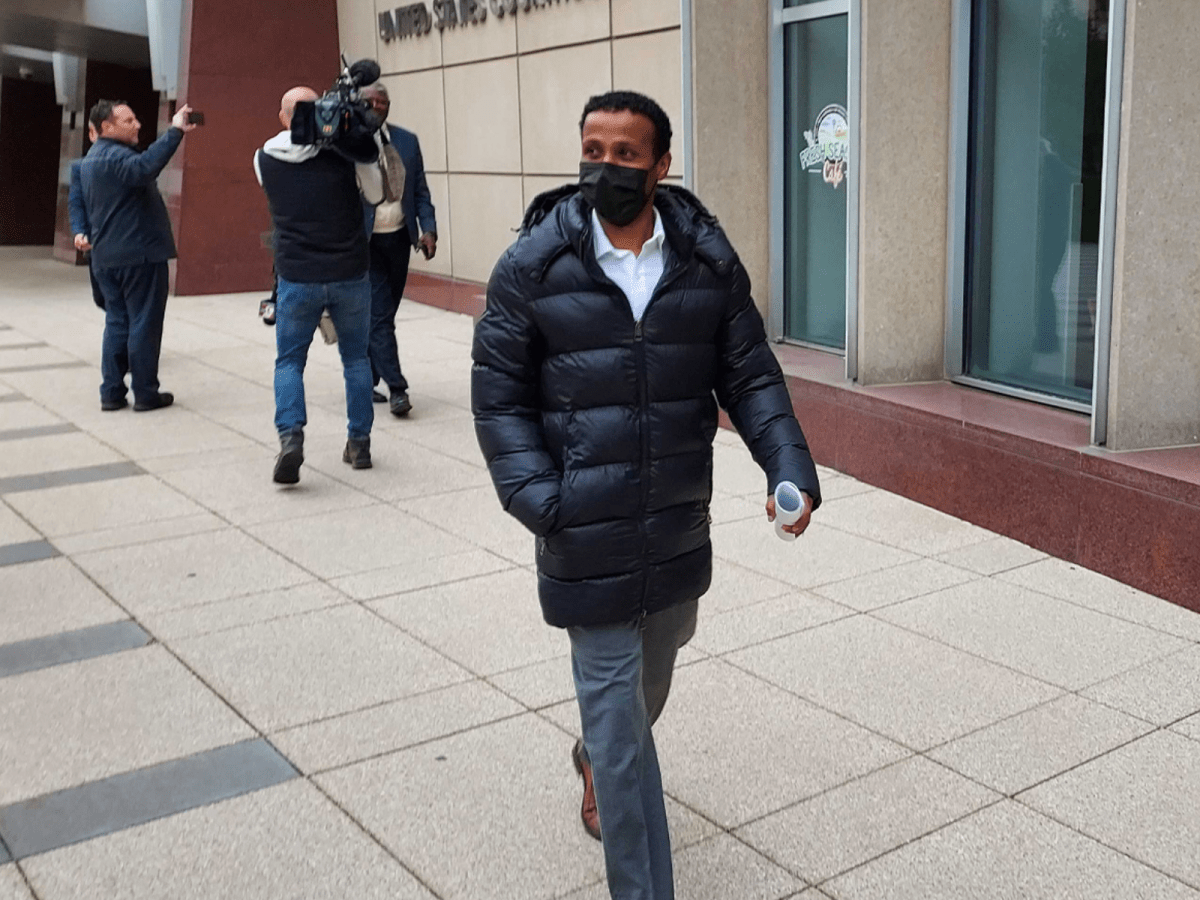Marijuana industry insiders and advocates are pushing Governor Tim Walz to tap apparent runner-up Clemon Dabney as the state’s first cannabis czar less than a week after business consultant Erin DuPree was appointed to the role and then suddenly resigned.
Dabney, a marijuana entrepreneur who holds a doctorate in botany and plant biology, is the current chief sciences officer of Uniflora Holistics, a local hemp and CBD company.
A Change.org petition started earlier this week calling for his appointment had close to 500 signatures as of late Thursday afternoon.
Marcus Harcus, another marijuana entrepreneur who started the petition and who formerly worked as a lobbyist for Uniflora, called DuPree’s resignation “divine intervention.” DuPree was appointed on September 21, and resigned the following day after the Star Tribune reported that her business sold hemp products that contained more THC than allowed by state law. THC is the psychoactive ingredient in marijuana.
“This gives the governor a second chance to make the best decision that he can possibly make,” Harcus said. “Dr. Dabney is our best chance as someone who can lead a rulemaking process that will set Minnesota’s cannabis industry up for success in terms of being a homegrown, craft-oriented, equitable cannabis industry.”
The petition says that Dabney was the finalist behind DuPree for the cannabis director position. Harcus said Dabney is not involved with the petition.
Dabney declined to comment for this story.
The state cannabis director will play a key role in setting up the legal recreational marijuana market in Minnesota. The cabinet-level position will lead the Office of Cannabis Management, a new state agency, in establishing regulations for all marijuana products in the state, including how much THC will be allowed in them. The office will also be tasked with issuing licenses to entrepreneurs seeking to do business in the industry.
Industry experts expect the recreational program to be up and running in Minnesota by 2025, although sales are already underway in two of the state’s Tribal Nations, White Earth and Red Lake.
Walz signaled earlier this week that the state was going in a different direction than Dabney, although he did not name Dabney or mention the petition. Walz told reporters during a news conference that his office’s search for someone to replace DuPree would prioritize hiring an experienced regulator over a marijuana industry insider.
Claire Lancaster, a spokesperson for the governor’s office, declined to comment to Sahan Journal further about the state’s hiring process. Allen Sommerfield, a spokesperson with the Minnesota Department of Agriculture, which is also involved in the process, told Sahan Journal that “next steps are being evaluated.”
“Clearly, something didn’t work the way it should have,” Sommerfield said about DuPree’s hiring and resignation. “We are working to identify gaps in the process so that we can strengthen it moving forward.”
Two other local marijuana insiders hinted that Dabney’s chances of being chosen for the top position are slim.
“There’s going to be assistant director positions, and Dr. Dabney might be perfectly qualified for one of those,” said Jason Tarasek, a Minneapolis attorney specializing in marijuana issues. “He brings a wealth of knowledge and industry experience that the Office of Cannabis Management could benefit from.”
Leili Fatehi, campaign manager for the MN is Ready Coalition that successfully pushed for marijuana legalization at the state Legislature earlier this year, praised Dabney’s “cannabis-specific expertise and local industry knowledge.”
“I sincerely hope the Office of Cannabis Management considers bringing him on board in a senior-level position,” Fatehi said. “His leadership and insights would undoubtedly be tremendous assets to the OCM [Office of Cannabis Management ] and the state.”
Fatehi added that she was “very encouraged” by Walz’s call to hire someone with regulatory experience.

“Such expertise is vital for establishing a robust regulatory agency and pioneering effective rulemaking that will shape Minnesota’s cannabis industry for years to come,” Fatehi said.
Minnesota is lacking in experienced marijuana industry regulators, mainly because the recreational industry hasn’t gotten off the ground yet. The closest example may be Chris Tholkes, who has served as director of the state’s Medical Cannabis Program for more than four years.
Tholkes, through a spokesperson, declined to comment for this story.
Although Dabney’s expertise is with the science of the cannabis plant, he’s not completely lacking in regulatory experience. He helped establish the medical cannabis program for the Red Lake Nation between 2020 and 2021. His experience working with the tribe is one of the assets his supporters highlight.
“He has trusted relationships with so many people,” said Nathan Ratner, who heads The Great Rise, which pushes for racial equity measures within the state’s marijuana program. “I don’t see any risk of regulatory capture.”
Regulatory capture refers to when agencies get cozy with private interests from the industries they regulate.
Shawn Weber, who runs the CBD and hemp company Crested River, said that Dabney’s lack of deep regulatory experience should not be a hindrance to him being considered for the position.
“You’re never going to find the jack of all trades that meets all criteria,” said Weber, who is also president of the Minnesota Cannabis Growers Association.
Weber pointed to Dabney’s educational background as a key strength, noting that not all marijuana regulators have scientific knowledge of the plant they’re regulating. That has led some regulators to struggle to rein in bad industry actors, “who are a lot more efficient than a bureaucracy,” Weber added.
“When you put Clem [Dabney] against a seasoned regulator, it’s going to come down to, ‘What does that regulator have from a plant knowledge base that Clem doesn’t have from a regulatory knowledge base?’” Weber said.
Time is of the essence for many people closely watching the process play out. Bill English, a community advocate in north Minneapolis, criticized the state’s slow rollout of marijuana licenses and its delay in picking a cannabis director.
Any lag time in getting the legal marijuana market going means the illicit market stays in place, English said, which contributes to violence in the community. Black and brown people suffer the biggest consequences of this, he added.
English said that he’s never met or talked with Dabney, but supports him as the next director partly because he’s the runner up for the position.
“His background is excellent, and I understand he has the right skills,” English said. “So, I support not reopening the process. If they reopen the process, that’s crazy at this point.”






